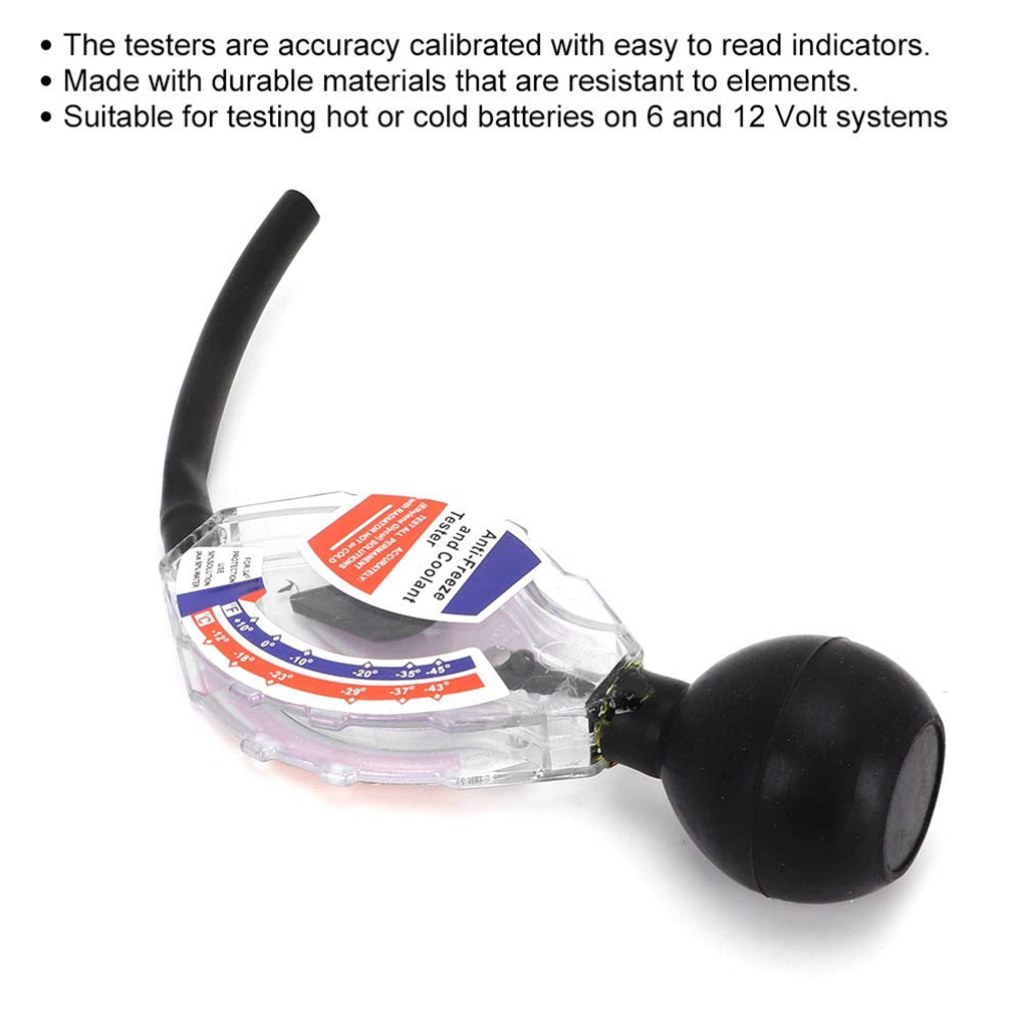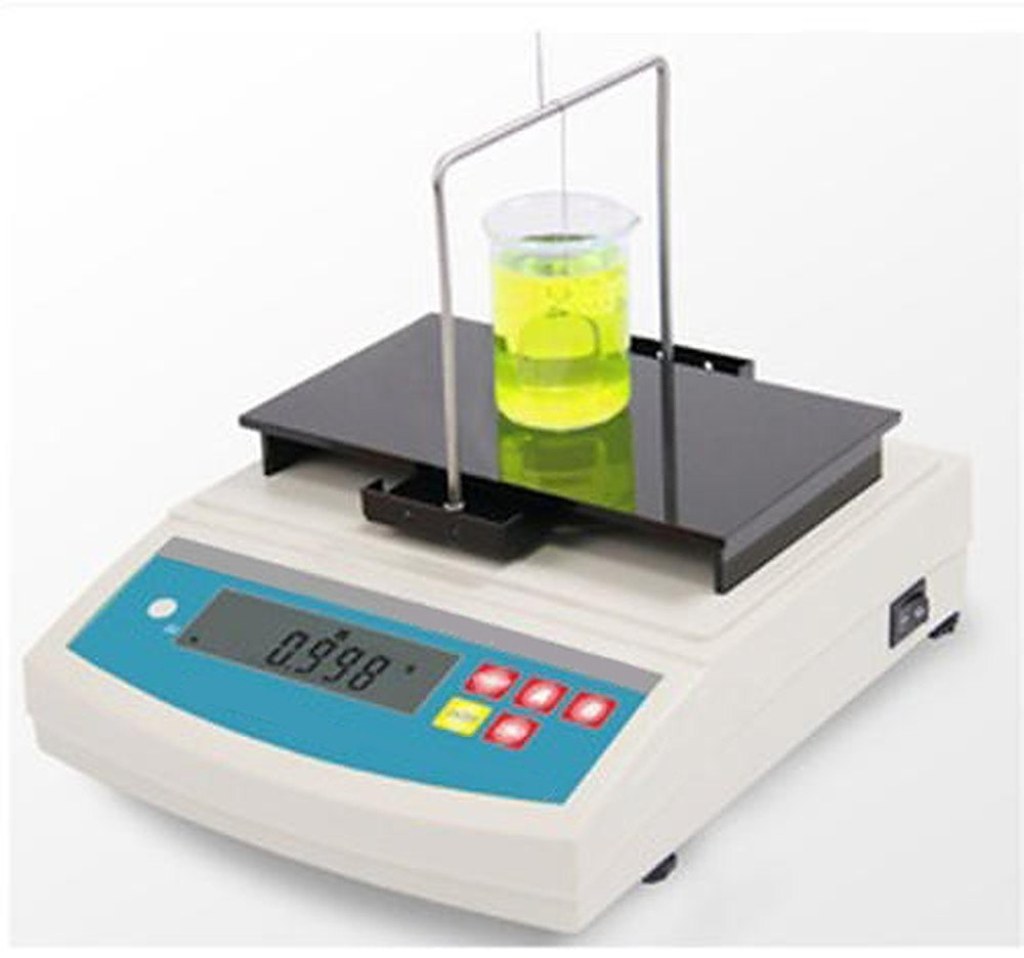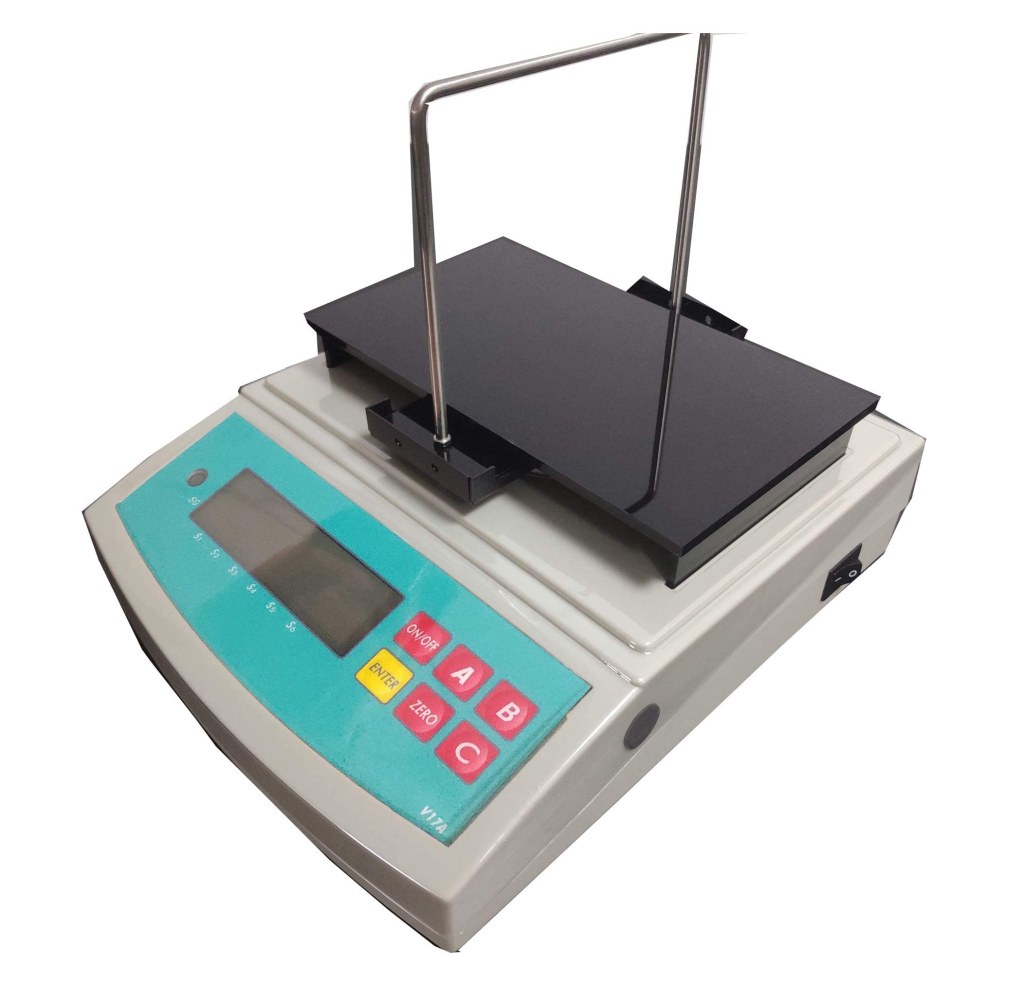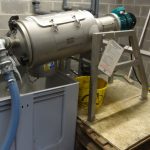Discover The Powerful Liquid Densitometer – Measure Density With Precision!
Liquid Densitometer: A Comprehensive Guide to Density Measurement
Introduction
Dear Readers,
3 Picture Gallery: Discover The Powerful Liquid Densitometer – Measure Density With Precision!



Welcome to our comprehensive guide on liquid densitometers. In this article, we will explore the world of density measurement and how liquid densitometers play a crucial role in various industries. Whether you are a scientist, engineer, or simply curious about this fascinating field, this article aims to provide valuable insights and knowledge.

Image Source: walmartimages.com
Let’s dive into the world of liquid densitometers and discover the importance of density measurement in different applications.
Before we delve into the details, let’s have a basic understanding of what a liquid densitometer is and how it functions.
What is a Liquid Densitometer? 📊

Image Source: imimg.com
A liquid densitometer is a sophisticated instrument used to measure the density of liquids accurately. It is widely utilized in industries such as oil and gas, chemical processing, food and beverage, pharmaceuticals, and many others. The device operates based on the principle of Archimedes’ law, which states that the buoyant force experienced by an object immersed in a fluid is equal to the weight of the displaced fluid.
By measuring the buoyant force, a liquid densitometer can determine the density of a liquid with high precision. This information is crucial for quality control, process optimization, and ensuring compliance with industry standards.
How does a Liquid Densitometer Work? ⚙️

Image Source: media-amazon.com
A liquid densitometer typically consists of a sample chamber, a displacement system, and a sensor for measuring the displacement. The sample chamber holds the liquid being measured, and the displacement system submerges a probe or a vibrating element into the liquid. As the probe displaces the liquid, the sensor detects the change in displacement and provides a corresponding density reading.
Modern liquid densitometers incorporate advanced technologies such as oscillating U-tubes, vibrating forks, or quartz crystal resonators to achieve highly accurate density measurements.
Who Uses Liquid Densitometers? 🧪
Liquid densitometers find applications in a wide range of industries and scientific research. Chemists, physicists, engineers, and laboratory technicians rely on these instruments for their daily work. Liquid densitometers are particularly valuable in industries where precise density measurements are essential for product quality, process optimization, and regulatory compliance.
Some of the key industries utilizing liquid densitometers include:
Oil and gas
Chemical processing
Pharmaceuticals
Food and beverage
Biotechnology
Environmental monitoring
Research and development
When to Use a Liquid Densitometer? ⏱️
There are numerous scenarios where a liquid densitometer becomes indispensable. Here are a few common situations where precise density measurement is crucial:
Quality control of raw materials and final products
Monitoring and controlling the concentration of solutions
Detecting impurities or contaminants in liquids
Optimizing chemical reactions and processes
Ensuring compliance with industry standards and regulations
Research and development of new materials or formulations
Where to Find Liquid Densitometers? 🔍
Leading manufacturers and suppliers offer a wide range of liquid densitometers to cater to different industry needs. These instruments can be found in specialized scientific equipment stores, online marketplaces, and directly from manufacturers. It is crucial to choose a reputable supplier that provides reliable and accurate instruments along with excellent customer support.
Why Choose a Liquid Densitometer? 🌟
There are several reasons why liquid densitometers are preferred over other density measurement methods:
Highly accurate and precise measurements
Wide range of compatible liquids
Non-destructive and non-invasive measurement
Real-time monitoring and data logging capabilities
Easy to use and maintain
Compact and portable designs for field measurements
Cost-effective compared to alternative methods
How to Choose the Right Liquid Densitometer? 📝
When selecting a liquid densitometer, it is essential to consider factors such as the required accuracy, measurement range, temperature and pressure conditions, sample size, and compatibility with the liquid being measured. Additionally, the instrument’s features, user interface, data analysis capabilities, and after-sales support should also be taken into account.
Advantages and Disadvantages of Liquid Densitometers
Advantages ✅
1. Accurate and precise density measurements ensure quality control and compliance.
2. Wide range of applications across various industries.
3. Real-time monitoring allows for immediate process adjustments.
4. Non-destructive measurement method preserves the integrity of the sample.
5. Compact and portable designs facilitate field measurements.
Disadvantages ❌
1. Costly initial investment compared to alternative density measurement methods.
2. Requires periodic calibration and maintenance for accurate results.
3. Limited measurement range for extremely high or low density liquids.
4. Sensitivity to temperature and pressure variations may affect measurements.
5. Complex operating principles may require training for proper usage.
Frequently Asked Questions (FAQs)
1. Can a liquid densitometer measure the density of gases?
No, liquid densitometers are specifically designed for measuring the density of liquids. For gas density measurements, specialized instruments such as gas densitometers or gas analyzers should be used.
2. How often should a liquid densitometer be calibrated?
The calibration frequency depends on various factors such as the instrument’s stability, usage conditions, and industry regulations. As a general guideline, regular calibration every 6 to 12 months is recommended to ensure accurate and reliable measurements.
3. Can a liquid densitometer handle corrosive liquids?
Yes, certain liquid densitometer models are constructed with corrosion-resistant materials and coatings to withstand contact with corrosive liquids. It is crucial to select a densitometer specifically designed for the type of liquid being measured.
4. Are there portable liquid densitometers available for on-site measurements?
Yes, many manufacturers offer compact and portable liquid densitometers suitable for field measurements. These instruments are designed to withstand rugged conditions while delivering accurate density readings.
5. Can a liquid densitometer measure the density of viscous liquids?
Yes, liquid densitometers can measure the density of viscous liquids. However, it is important to consider the instrument’s viscosity compensation capabilities and select a densitometer suitable for the viscosity range of the liquid being measured.
Conclusion
In conclusion, liquid densitometers are vital instruments for accurate density measurement in various industries and scientific research. Their ability to provide precise density readings enables quality control, process optimization, and compliance with industry standards.
When choosing a liquid densitometer, it is crucial to consider factors such as accuracy, measurement range, compatibility, and user-friendly features. Regular calibration and maintenance are necessary to ensure reliable results.
We hope this comprehensive guide has provided valuable insights into the world of liquid densitometers. If you have any further questions or require additional information, please feel free to reach out to us. Happy density measuring!
Best regards,
Your Liquid Density Measurement Experts
Final Remarks
Disclaimer: The information provided in this article is for educational and informational purposes only. While we endeavor to keep the information up to date and accurate, we make no representations or warranties of any kind, express or implied, about the completeness, accuracy, reliability, suitability, or availability with respect to the article or the information, products, services, or related graphics contained in the article for any purpose. Any reliance you place on such information is therefore strictly at your own risk.
In no event will we be liable for any loss or damage arising from the use of this article or the information presented in the article.
Any mention of specific products or manufacturers is for informational purposes only and does not constitute endorsement or recommendation by the author or the company.
This post topic: Liquid


